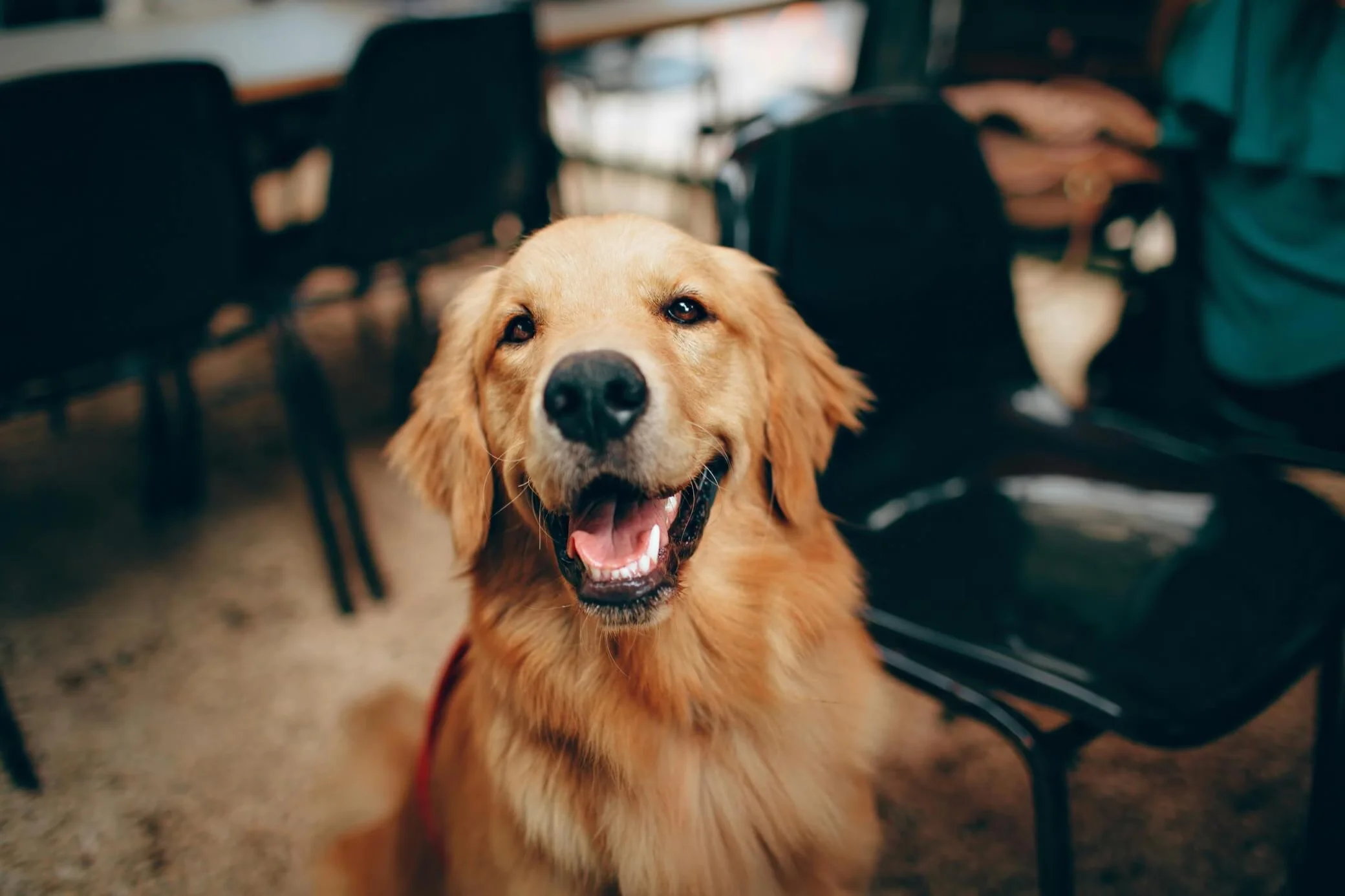Explore Content
Approximately 66% of all American households have at least one pet. Having pets is a great source of comfort, but it can also lead to worry about what will happen to them when you’re no longer there to care for them. One of the options that more people are considering is including their animal friends in their wills.
But can you add pets in wills in Colorado? Take a closer look at what the law allows and what your options could be.
Wills in Colorado: Understanding Your Options Regarding Pets
In Colorado, a pet can’t inherit portions of an estate, and you can’t leave them funds. It’s important to understand that, legally, your pets are considered property. This means that, just as you wouldn’t be able to leave your car money, you can’t do so for your pets, either.
This doesn’t mean that Colorado doesn’t offer options to help ensure your pet is cared for, though. Vitally, it does allow you to name them in wills and to make provisions for them.
Leaving Pets to a Guardian
One of the things that you can do is to leave your pet to someone. This requires setting up a clause in your will that lists the recipient of the pet — the beneficiary — while also naming the pet to avoid any misunderstandings.
Wills that have these clauses are essentially naming a pet guardian. If this is the option you choose, make sure to ask the beneficiary if they’re willing to take on this role.
A concern that some people have about pet guardianships is whether the beneficiary will be able to afford to maintain the pet. This might not be a huge concern if you have a cat, but if you have larger animals like horses, maintenance costs can be significant.
A solution is to also leave assets to whoever the guardian is. You can do this in your will and specify that the funds can only be used to care for the animal. To ensure that you do this in a legally binding way and that you don’t make any costly estate planning mistakes, it’s essential to work with an attorney.
Setting Up Pet Trusts
Another excellent option you have — and one that offers more certainty — is to set up a pet trust. With a pet trust, you can leave funds and instructions on how your pet should be cared for.
Setting up a pet trust means choosing a trustee. This person can be the pet’s guardian, though that’s not a requirement. What a trustee does, however, is manage the trust after you die. A trustee can only use the money you assigned to the trust to care for your pet, which can provide the peace of mind you’re looking for.
Protect Your Pet With Estate Planning Solutions
Wills and trusts are powerful estate planning tools that ensure your assets and loved ones are protected when you pass. By choosing an experienced attorney for wills, you can make the necessary arrangements for your beloved animal friends.
At Mason Law and Planning Group, we can help you set your affairs in order and make the right estate planning decisions for your unique circumstances. Contact us to speak with one of our attorneys today.

